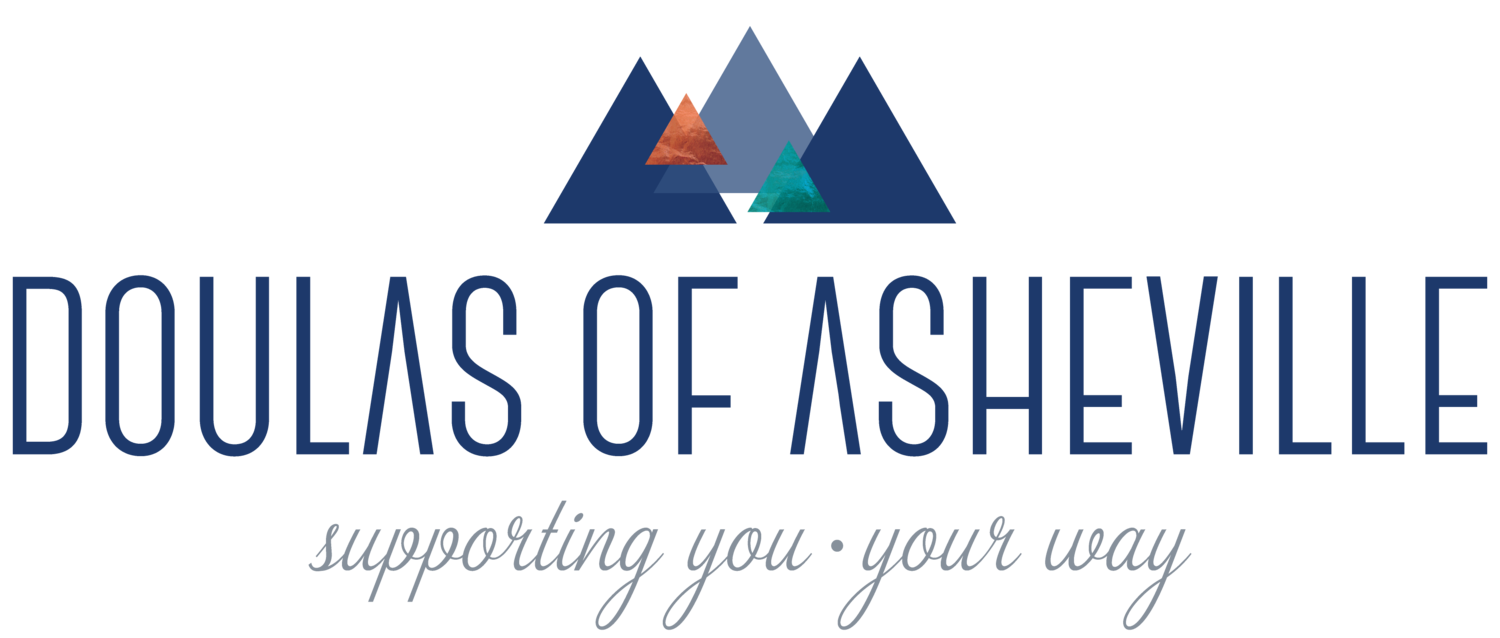You've done your research, read lots of articles, talked to your friends and your care provider and you've made up your mind. You're going to have your placenta encapsulated to aid in your postpartum recovery. Now you just have to choose a placenta encapsulator.
Placenta Encapsulation is (at least for now) an unregulated industry in this country. There are no regulations for training or quality standards, and no universal requirements for the handling and processing of your placenta. There are several training organizations that teach people how to process placentas. Some are online only, some (like ProDoula) offer in-person workshops where participants get hands-on experience with the entire process. Some encapsulators are self-taught, either by watching videos on YouTube (yes, really,) or by learning from another encapsulator informally.
Because of this, we encourage anyone considering hiring a placenta encapsulator to do their research and make sure they are working with someone who follows the industry's best practices for safety. Doulas of Asheville has elected to follow the highest standards available for training, sanitation, and handling. We look to the World Health Organization's guidelines on safe transport of potentially infectious substances, OSHA's bloodborne pathogens standards, and state and federal food preparation guidelines.
As you consider your options for having your placenta encapsulated after your birth, we've put together a handful of questions you should consider asking the professional you may hire to perform this service for you.
What organization did you train with? Was your training in-person or online?
Not all placenta encapsulation training organizations meet the same standards. The gold standard is a combination of home study and in-person training, so the encapsulator has the opportunity to practice every step of the process on a donor placenta. Some of the most reputable training organizations are ProDoula's Placenta Prep, PBi, and APPA.
Where will my placenta be encapsulated?
Doulas of Asheville placenta encapsulation clients receive their own safe transport kit and instructions for getting their placenta home.
Many encapsulators will take your placenta from you to process it in their home or separate workspace (psst - there's no such thing as a placenta factory!) At Doulas of Asheville - and a growing number of other professional encapsulation companies - your encapsulation will only happen in your own home.
We provide our placenta encapsulation clients with their own leak-proof, soft-sided cooler and everything they will need to safely store their placenta and transport it to their own home.
Maintaining possession of your placenta and having the service take place in your home is the safest way to have your placenta encapsulated and the only way to ensure a few very important things:
1) that your placenta was handled safely from birth to encapsulation, 2) that your placenta never came in contact with any other placenta, and 3) that the capsules you are consuming are indeed from your own placenta.
If you choose to have your placenta encapsulated by someone who works at their own home or workspace we encourage you to find out the following:
How will your placenta be transported? Is a cooler provided to ensure your placenta stays at safe temperatures? Do they ever transport more than one placenta at the same time? Do they provide pick-up/drop-off at any time?
Where exactly will the encapsulation take place? In North Carolina, any high-risk food product must be processed in a non-home based commercial facility that is inspected by the State. Additionally, no food products (low- or high-risk) may be processed in a home that has pets of any kind. The only case in which these requirements don't apply is when the product is prepared in the home of the person consuming it. (Your placenta is being processed into a food product for your consumption, preparation should meet all state and federal commercial food preparation guidelines.)
Who else may be present while your placenta is being encapsulated? Does the encapsulator have children, other adults, or pets that may have access to the space your placenta is stored or where the encapsulation is occurring? What precautions are taken to ensure there is no chance of contamination?
Do they ever have more than one placenta in their possession at any time? How many sets of equipment do they have? Are placentas ever encapsulated concurrently? (i.e one placenta is dehydrating while another is being started). This should NEVER happen as it poses an extremely high risk of cross contamination.
How do you sanitize your workspace and equipment?
Elizabeth Pauley, RN filling capsules with placenta powder
Anyone working with placentas should have completed training that meets federal workplace safety requirements of OSHA’s Bloodborne Pathogens Standard.
When you hire an encapsulator that works in your home, you'll be able to see first hand the extensive precautions we take to fully clean and sanitize your kitchen and our equipment prior to processing your placenta and before we leave your home.
One of the extra perks of having your placenta encapsulated at your home is that we leave your kitchen sparkling clean when we are done! If your encapsulator is working in their own space, they should be following these same procedures.
What if I have questions about how I'm feeling OR how many capsules to take?
When you hire Doulas of Asheville for placenta encapsulation, we'll walk you through the recommendations for consumption of your capsules before we leave your home. (We're also happy to answer any other questions you may have about your recovery from birth, feeding or caring for your baby, or anything else on your mind... just another perk of having a postpartum expert in your home right after you give birth!) We'll also remain available to you should questions arise after we leave. You should have your encapsulator's contact information and ability to check-in with any concerns or questions that come up while you are taking your capsules.





